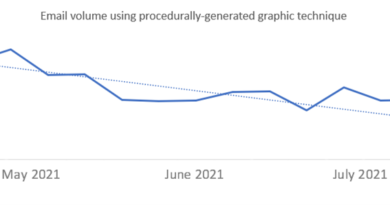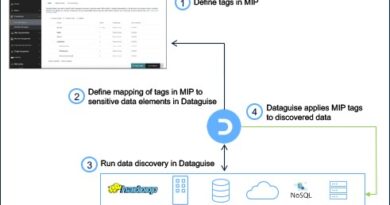Guide to Developing a National Cybersecurity Strategy—a resource for policymakers to respond to cybersecurity challenges

Nations from every corner of the world are increasingly leveraging digital transformation to grow their economies and empower businesses to improve services, including vital services provided by critical infrastructures. This adoption of new information communications technologies (ICT) has unfortunately been accompanied by a rapid expansion in the frequency and severity of cyberattacks, prompting government policymakers to seek solutions that address these new challenges. The recently released Guide to Developing a National Cybersecurity Strategy provides helpful guidance to support this work.
Developing effective policies to respond to cybersecurity challenges requires more than a whole-of-government response; it involves a whole-of-nation effort, with government ministries and experts from across sectors of the economy and from civil society collaborating to create approaches that simultaneously improve security and enable innovation. The Guide to Developing a National Cybersecurity Strategy is a comprehensive document for policymakers working to either establish, or update and evolve upon, their respective national cybersecurity strategies. It was developed in partnership with leading voices from government, civil society, academia, and industry.
Such authentic multi-stakeholder collaboration is essential, though too often absent, in the development of effective cybersecurity policies. This type of engagement takes time and commitment from all parties involved to engage in a deliberate and iterative process—listening to and valuing all perspectives—to reach agreement. While requiring greater time and careful balance, this type of inclusive process results in policies that are effective and enduring. We at Microsoft are grateful to have been included in the development of this guide and are proud of the result.
The Guide to Developing a National Cybersecurity Strategy should be used by policymakers tasked with developing or improving upon national strategies. It carefully lays out both the process for developing cyber strategies, as well as the essential content that needs to be included, based on international best practices, regardless of the cultural, social, or economic context of any particular country. The process and content provided in the guide are presented across four main sections, which include:
- An essential overview of cybersecurity policymaking—A bit of a summary, the overview includes clear definitions and explanations of associated topics and concepts that policymakers should keep top of mind when developing a national strategy.
- The strategy development lifecycle—Outlines the lifecycle of developing and then maintaining an effective national cybersecurity strategy, breaking down the essential steps along the way and explaining who needs to be included in the decision-making process, and then how the strategy is to be implemented and managed once it is complete.
- Overarching principles of a strategy—Shifts the focus to the content of the strategy itself. The principles provide policymakers with high-level, fundamental considerations that must be taken into account during the development of effective strategies.
- Focus areas and good practices—Zooms in on specifics. It identifies the key elements and topics that should be addressed during the development of a strategy by walking through seven specific focus areas.
The guide truly is a valuable resource for policymakers in any context, whether a nation’s cybersecurity strategy is currently in place or still needs to be developed. Because that is perhaps the most important lesson of the guide itself—a national cybersecurity strategy is not simply a box to be checked and set aside, but rather an ongoing and recursive process of creating, implementing, and improving strategies to adapt to new opportunities and challenges associated with the ever-evolving world of technology.
READ MORE HERE



